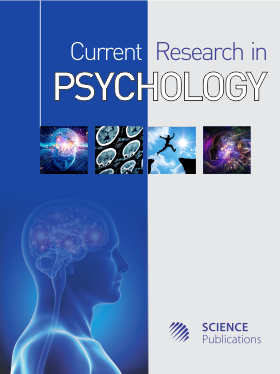Perceived Anomic Threat, Beliefs in LGBTQ Conspiracy Theories and Support for Violence Against LGBTQ Minorities in a Highly Heteronormative Context: The Case of Cameroon
- 1 Department of Philosophy and Psychology, Faculty of Arts, Letters and Social Sciences, University of Maroua, Maroua, Cameroon
- 2 Department of Philosophy/Psychology/Sociology, Faculty of Letters and Social Sciences, University of Dschang, Dschang, Cameroon
Abstract
The literature on conspiracy theories reports that they are generated by a feeling of threat and are catalysts for the extremist and violent behavior of which many minority groups are victims, including members of the LGBTQ community. However, the fact that LGBTQ conspiracy theories are poorly documented in the scientific literature does not allow us to know what link they could have with the extremist behavior against LGBTQ people that are reported in many contexts, including sub-Saharan Africa in particular, a region considered one of the most hostile in the world for these people, but which, paradoxically, is of little interest to researchers. This study contributes to filling this gap by proposing that because individuals perceive the threat of LGBTQ people to their communities from the perspective of their values, they are inclined to believe in LGBTQ conspiracy theories that proliferate in their social environment and consequently support violent behaviors against LGBTQ people, with the aim of trying to restore the social fabric perceived as being fractured because of their lifestyle. The study is conducted in the Cameroonian context with a sample of 861 heterosexuals, aged between 17 and 49 years (M = 29.40; SD = 8.15), to whom we administered a set of measures relating to perceived anomic threat, beliefs in LGBTQ conspiracy theories and endorsement of violent behavior towards LGBTQ people. In addition to the main measures, emotional reactions towards LGBTQ minorities (disgust, fear, anger, hate and distrust) were also measured, with instruments presenting acceptable reliability indices. The results provide empirical support for the hypothesis of the study. They report that in the highly heteronormative Cameroonian context, the perception of anomic threat, materialized by the perceived disintegration of the social structure, leads heterosexuals to support violence against LGBTQ people via beliefs in the LGBTQ conspiracy theories.
DOI: https://doi.org/10.3844/crpsp.2023.10.23

- 5,924 Views
- 2,133 Downloads
- 7 Citations
Download
Keywords
- LGBTQ Conspiracy Theories
- Perceived Anomic Threat
- Support for Violence
- LGBTQ Community
- Sub-Saharan Africa
- Cameroon
